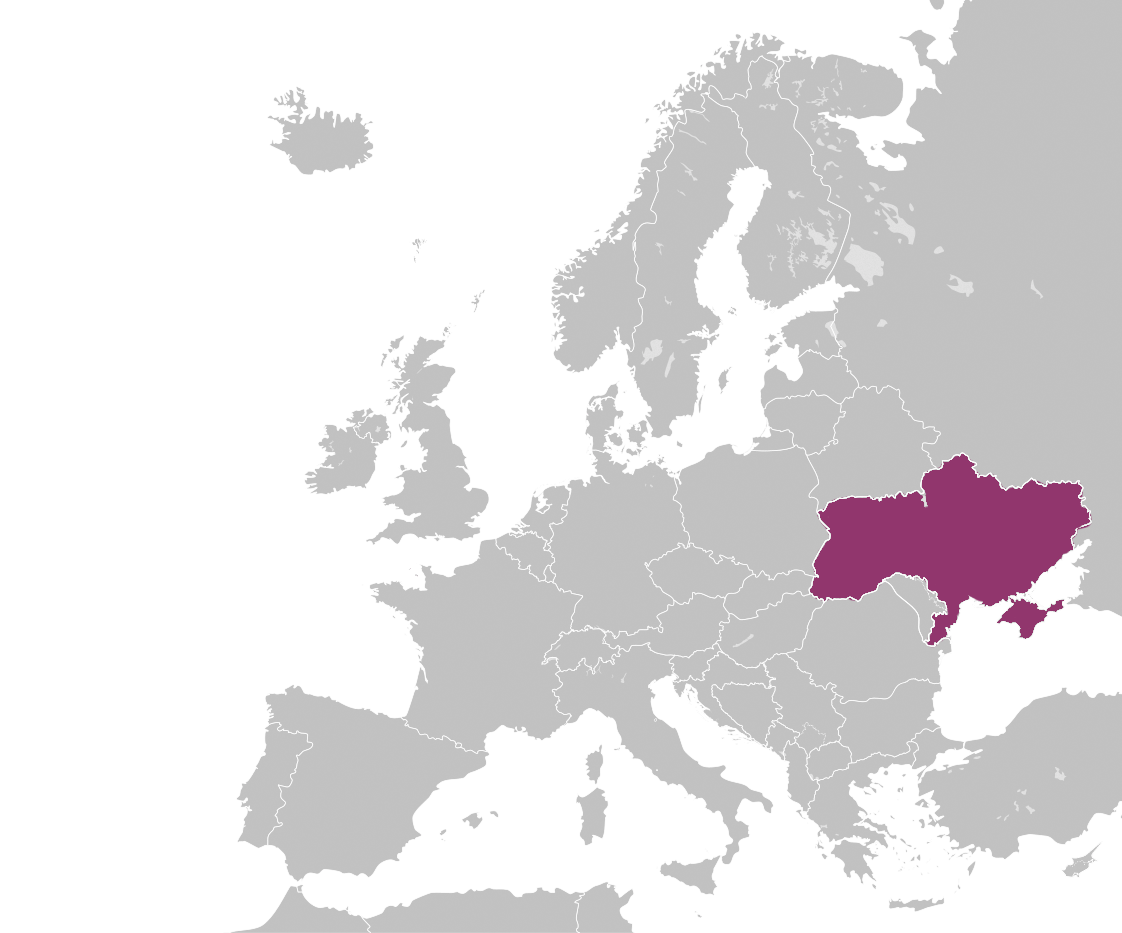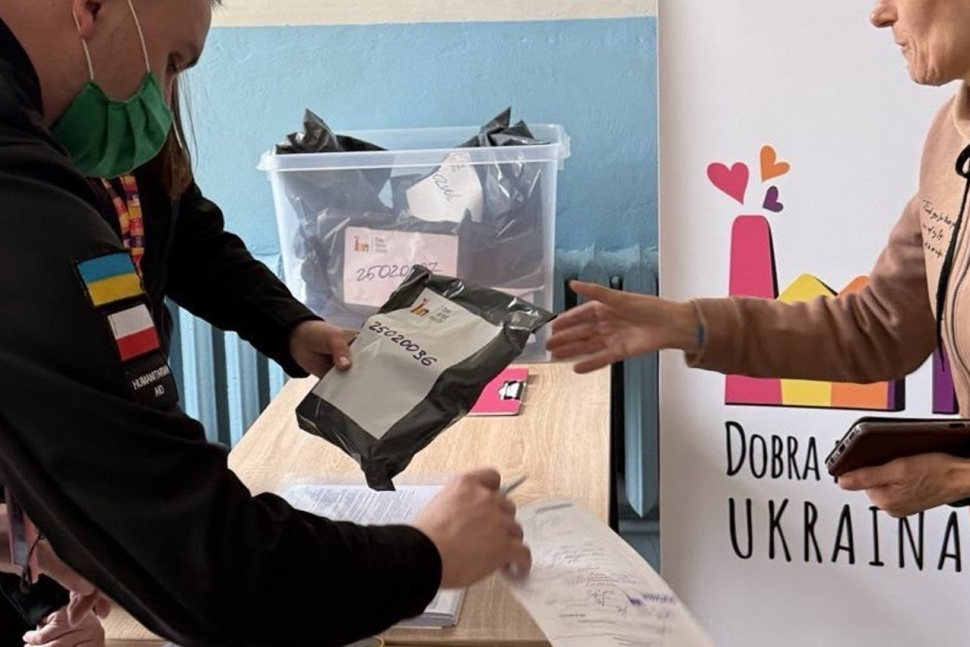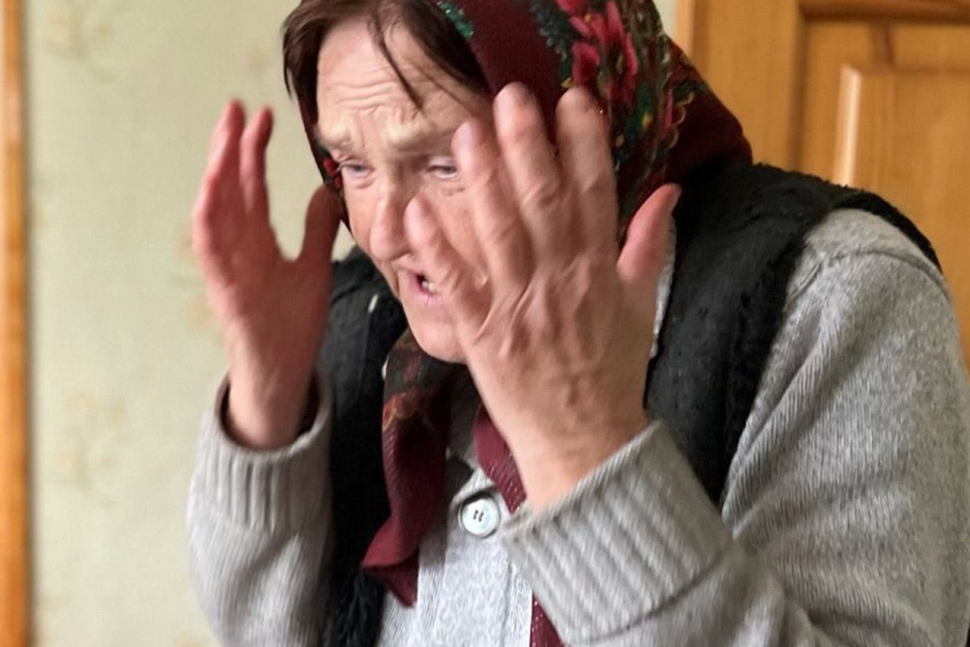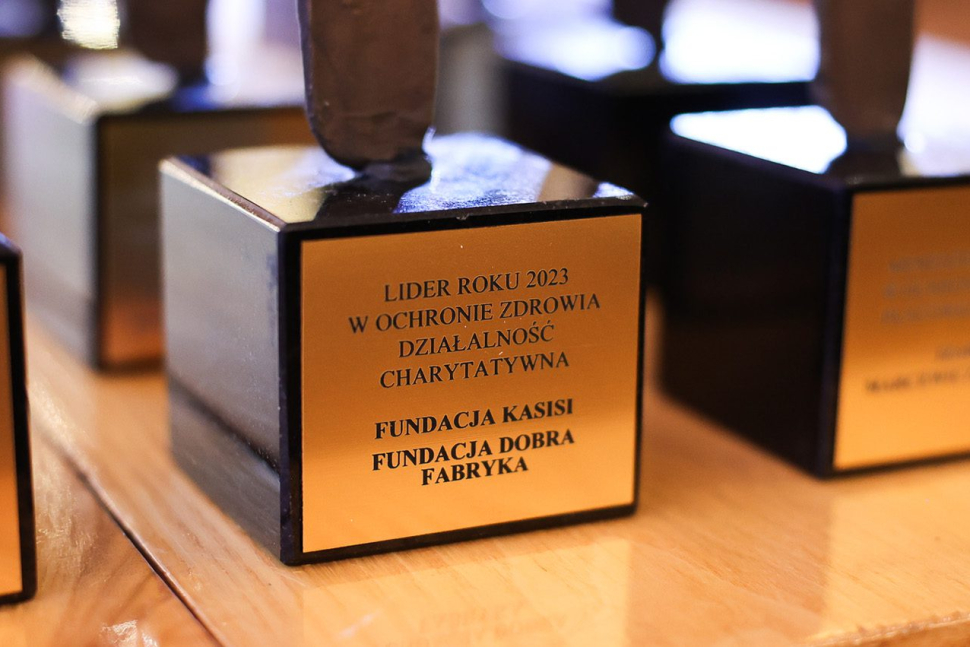
Ukraine

Since the escalation of the war in February 2022, until mid-October 2024, nearly 6.8 million refugees4 from Ukraine have been recorded – 92 per cent of them in Europe. Inside Ukraine, an estimated 3.6 million people5 remain internally displaced as of October 2024.
Among the most vulnerable are also an estimated 12.6 million as of March 2025 people who were not displaced from their homes but who have been directly affected by the war – they have been wounded, their homes have been destroyed, their family members died.
Civilian infrastructure, such as power grids, water supply networks. hospitals transportation infrastructure, have been targeted by the daily missile attacks, severely disrupting people’s lives across the whole country, and particularly in the East.
2 000 schools,
2 100 attacks
24.03.2025
It was freezing—14 degrees below zero. Marina didn’t hesitate. She got on her bike and set off. The journey took her three hours. The bitter cold left her fingers numb and paralyzed her face. She didn’t stop for a moment. She had heard that the Good Factory team was registering patients for medical aid at a nearby health center. She couldn’t miss the chance to get the tools she needed to fight her cancer.
For weeks, her battle with illness resembled the frontline of the Ukrainian war, just a few kilometers from her home in the Dnipropetrovsk Oblast. She had no way to defend herself. She feared that the disease would eventually break through her line of resistance and claim more ground.
There’s been a shortage of medical supplies in eastern Ukraine for weeks. First-aid kits and medical points have been emptied since the U.S. administration decided to suspend aid to Ukraine. The people most affected by the war—women, children, and the elderly—don’t even have access to basic medical care. Many can’t afford the most essential meds.
Marina heard about the Good Factory’s program from a neighbor. She couldn’t call us—phones don’t work near the eastern front. The only things that ring are air raid sirens. Every hour. Too often. Marina didn’t know much, she didn’t have the details. But she took the risk—because for her, it was a matter of life and death. She met with our team, received a supply of meds, and along with it, hope.
Marina’s hope is thanks to your support. We are the only organization in the Dnipropetrovsk Oblast providing aid through medical vouchers. We don’t want to—and we can’t—tell these people that it’s over. While other organizations are packing up and leaving the country, we know we have you. And we know you won’t let us leave these people without help.
To us, Marina’s face is now the face of Ukraine’s fight for independence. Online troll armies try to tell us what to think about our eastern neighbors. But here in Poland, we should all understand the importance of independence. Even if it’s the only value we currently share with Ukrainians, it’s still reason enough to stand with them—healing wounds and protecting the most vulnerable. Let’s not allow resentment to poison us. Let’s show the kind of solidarity we would hope for if we were in their place.



